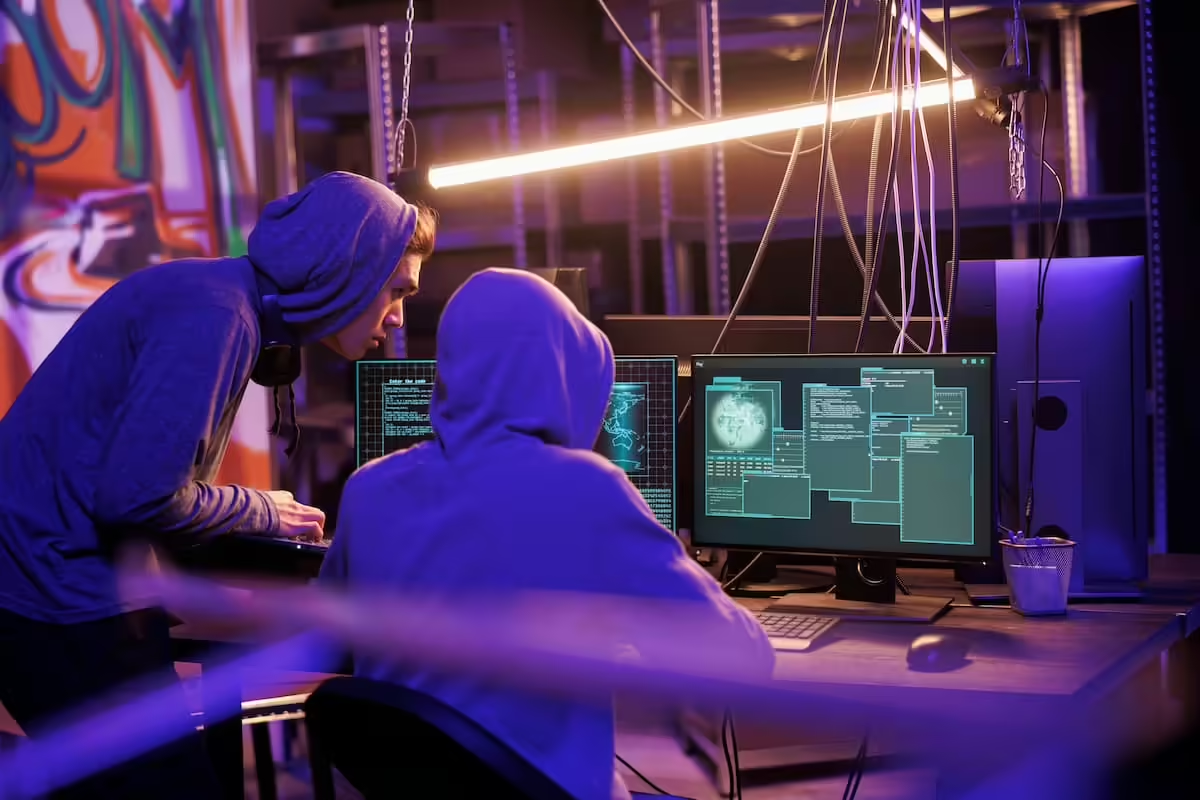Ransomware Attack Targets Paris Olympics 2024
The Paris 2024 Olympics recently became the focus of a sophisticated ransomware attack that targeted key cultural and sporting venues in the city. The cyberattack, which was detected on August 6, 2024, specifically compromised the IT systems of the Réunion des Musées Nationaux (RMN) network—a collection of around 40 museums across France. Some of these sites, including the Grand Palais and the Château de Versailles, are serving as venues for the Olympics, hosting events such as fencing, taekwondo, and equestrian sports.
Details of the Attack
The ransomware attack primarily targeted the central data systems at these venues, encrypting data and demanding a ransom for its release. However, thanks to the swift intervention of cybersecurity teams, no significant data breaches or disruptions to the Olympic events have been reported. The Grand Palais, in particular, has been a focal point during the Olympics, and ensuring its operational security was paramount.
Despite the attackers’ efforts, there has been no evidence of data extraction. This outcome reflects the robust cybersecurity measures that were implemented ahead of the Games, as authorities anticipated the likelihood of cyber threats during such a high-profile event. The Paris prosecutor’s office confirmed that the Brigade for Combating Cybercrime has been assigned to lead the investigation, with ongoing efforts to identify the attackers and secure the compromised systems.
Pre-Olympics Cybersecurity Measures
France’s cybersecurity agency, ANSSI, had been preparing for potential cyberattacks well in advance of the Games. Given the scale and global visibility of the Olympics, it was widely expected that cybercriminals would attempt to target various aspects of the event’s infrastructure. ANSSI’s proactive approach involved conducting penetration tests, increasing awareness among stakeholders, and coordinating with international cybersecurity agencies to bolster defenses.
Their efforts have already proven effective, with reports indicating that over 68 cyberattacks have been successfully thwarted since the start of the Olympics. These included attacks that directly targeted Olympic venues, underscoring the persistent threat posed by cybercriminals. The ransomware attack on the RMN network is the latest in this series of attempted breaches, but it has not succeeded in disrupting the Games.
The Growing Threat of Ransomware
Ransomware attacks have become increasingly prevalent in recent years, with attackers often targeting critical infrastructure and large-scale events to maximize their impact. These attacks typically involve the encryption of a victim’s data, followed by a ransom demand—usually in cryptocurrency—to unlock the data. In the case of the Paris 2024 Olympics, the attackers aimed to exploit the high stakes of the event, but were met with strong resistance from well-prepared cybersecurity teams.
The incident has sparked renewed discussions about the importance of cybersecurity at global events like the Olympics. The integration of advanced digital technologies into event management has created new vulnerabilities, making it essential for organizers to adopt comprehensive security strategies. This includes not only technical measures but also awareness campaigns and international cooperation to protect against cyber threats.
Ongoing Vigilance and Future Implications
As the Paris 2024 Olympics continue, the focus remains on ensuring that all venues and associated digital infrastructure are secure. The ransomware attack serves as a critical reminder of the importance of vigilance in the face of evolving cyber threats. With the Games drawing global attention, there is an increased need for coordination among cybersecurity agencies, event organizers, and other stakeholders to prevent further incidents.
The successful mitigation of this ransomware attack has so far allowed the Olympics to proceed without interruption, but the situation highlights the ongoing challenges of securing such a complex and high-profile event. As investigations continue, authorities are committed to maintaining the integrity of the Games and ensuring the safety of all participants and spectators.



